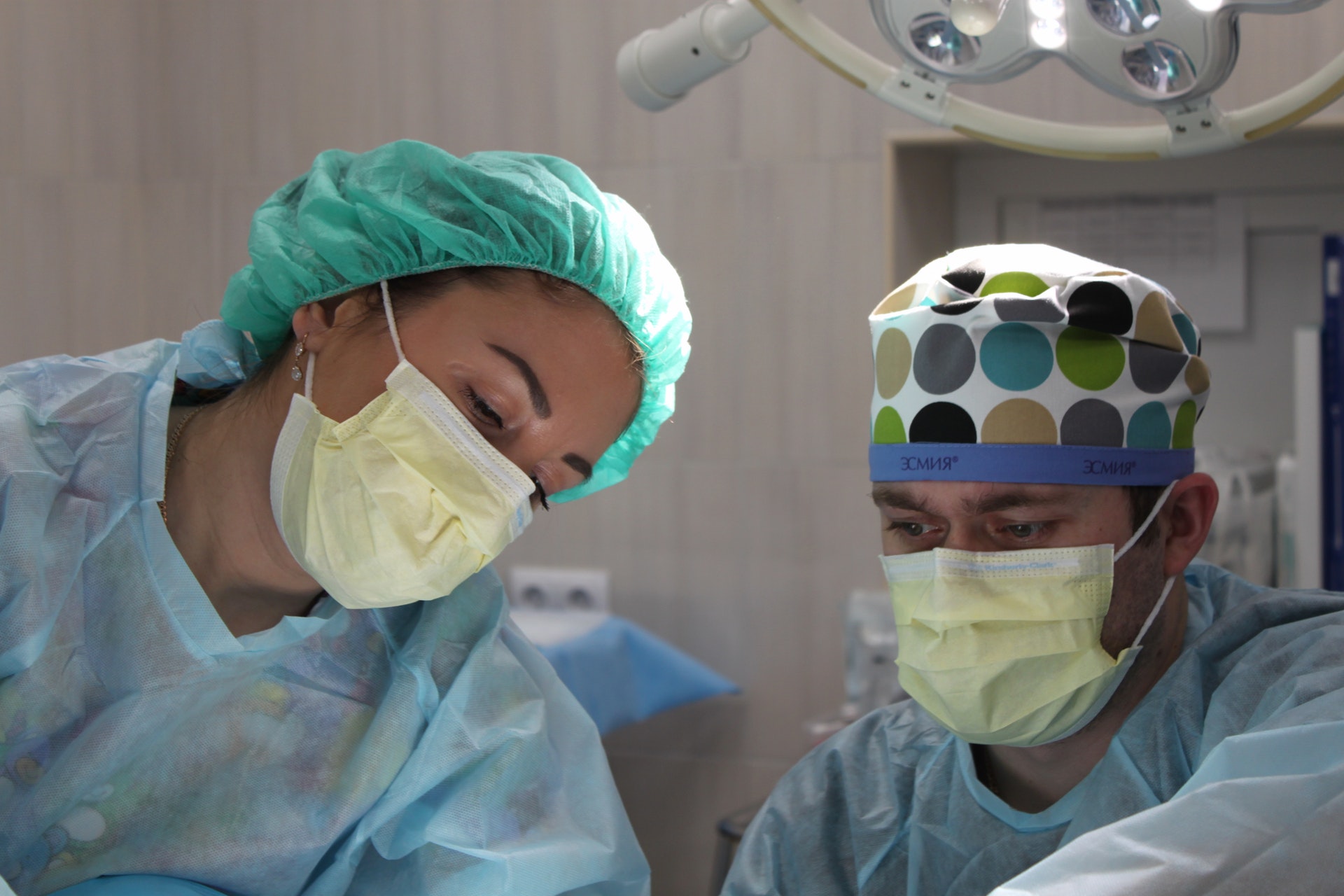Whether someone is about to undergo bariatric surgery, or they have not come to that decision yet, the challenges faced by bariatric patients are constant and often painful for more reasons than one. In order to alleviate and manage those challenges, it is first important to understand what they are exactly, both before and after surgery.
Obesity and Bariatrics
Whether it’s a result of poor lifestyle or genetic conditions or both, obesity applies to anyone with a body mass index (BMI) of 30 or above. After a certain point, and depending on how high the patient’s BMI is, the following adverse effects are quite commonly seen in morbidly obese (>35 BMI) patients, which requires a combination of bariatric equipment, medicine and even surgery to manage:
- Osteoarthritis and consequent immobility
- Immobility caused on account of the excess weight
- Bedsores and pressure wounds
Do keep in mind that there are far more morbid health complications associated with obesity as well, such as increased susceptibility of certain forms of cancer, hypertension, hyperventilation, metabolic syndrome, cardiac arrest, cerebral strokes, etc.
Managing Bariatric Care with the Right Guidance and Equipment
Fortunately, there are ways to provide bariatric care to obese and morbidly obese patients, both before and after surgery, as long as you have access to the right equipment and there’s an expert to guide you through everything. Consult with a specialist regarding the kind of equipment you can benefit the most from in your current condition, as well as for making post-surgical arrangements. For example, Bosshard Medical provides both guidance and the necessary bariatric equipment to caregivers and patients in Sydney.
A few examples of helpful bariatric care equipment that can be rented or bought are as follows:
- Adjustable electric hospital beds
- Air and foam mattresses to relieve pressure and prevent bedsores
- Air and foam cushions for the same
- Self-propelled and electric wheelchairs
- Mobile lifting devices (up to 200 Kgs)
- Bath boards
- Lift out chairs, shower chairs, etc.
Understanding the Lifelong Commitments Necessary Before and After Bariatric Surgery
In order for bariatric surgery to work, as well as for the ensuing effects to last, the following lifelong commitments must be made even before the surgery, and must be turned into a part of the patient’s present and future lifestyle:
- A meal plan, as designed and formulated by a dietician under the supervision of a licensed physician
- An exercise plan, as devised by a certified physical trainer and verified as safe by the concerned physician
- Continuous updating of both, through regular check-ups and reviewing of the plans
- Consultation with a therapist to help patients stay strong in their resolution to remain fit and healthy, as well as aiding them against postoperative depression
Although skin tucking surgeries are often extremely effective, in extreme cases of morbid obesity, bariatric patients should be ready to deal with loose skin on a more permanent basis. It might and often does act as a cause for depression, so preparing for it with professional psychiatric counseling comes highly recommended even before the surgery, as a preparatory step.



